EU, measures to reduce food waste - Aims to reduce 30% of wasted food by 2030
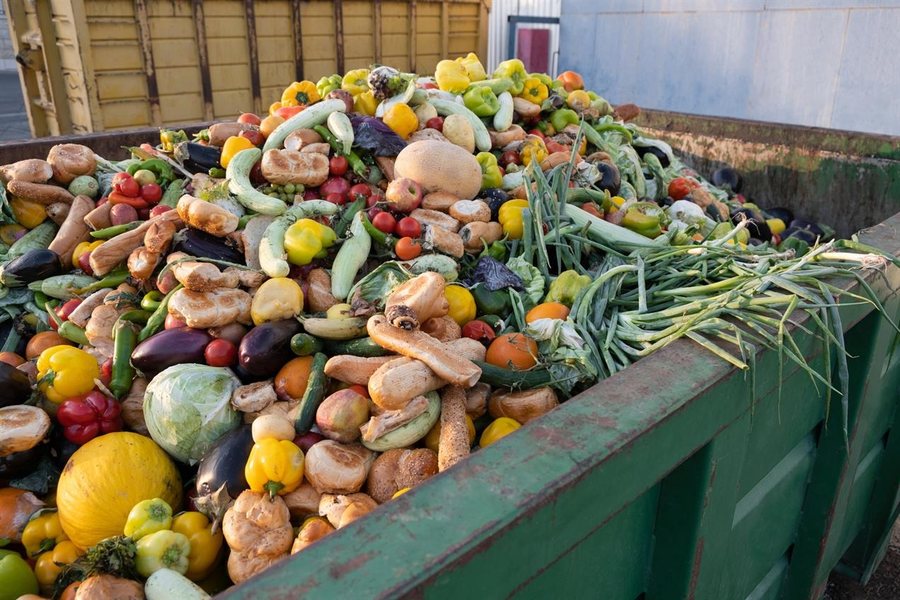
Following negotiations between 27 member states, the European Union has set targets for a 30% reduction in food waste produced by households, retailers and restaurants by 2030. Waste from food processing and production will also be reduced by 10%, compared to 2021-2023 levels.
According to the European Commission, around 60 million tonnes of food are thrown away in the EU every year, causing an economic loss of around €132 billion. In addition to the financial cost, food waste has a major impact on the climate, contributing to around 16% of greenhouse gas emissions from the bloc’s food system. If food waste were a country, it would rank fifth in the EU in terms of pollution. These commitments will be included in the EU Waste Directive, which will oblige member states to meet targets, while leaving it up to them to decide how to implement them.
In addition to food, the EU is also targeting the textile industry. Each EU citizen throws away an average of 15 kg of textiles per year. The EU Sustainable Textiles Strategy aims to create a sustainable system by the end of the decade, where clothes are more durable, repairable and recyclable.
The focus is on reducing the 25-40% of material that remains unused during clothing production. Through an expanded system, all textile and footwear manufacturers, inside and outside the EU, will be forced to cover the costs of collecting, separating and recycling the products they throw on the European market.
The measure also aims to curb fast fashion, especially from China, which produces cheap, short-lived clothes. Currently, less than 1% of textiles are recycled worldwide, while 12.6 million tonnes of textile waste are generated in the European Union each year. The European Environment Agency points out that this level of textile waste causes 5.6 million tonnes of greenhouse gas emissions, a figure almost equal to Sweden's total emissions in 2021.
Although some MEPs had called for more ambitious targets, such as a 40% reduction in food waste from households and restaurants, and 20% from producers, the compromise reached with member states remains below the United Nations' goal of halving global food waste per capita by 2030.
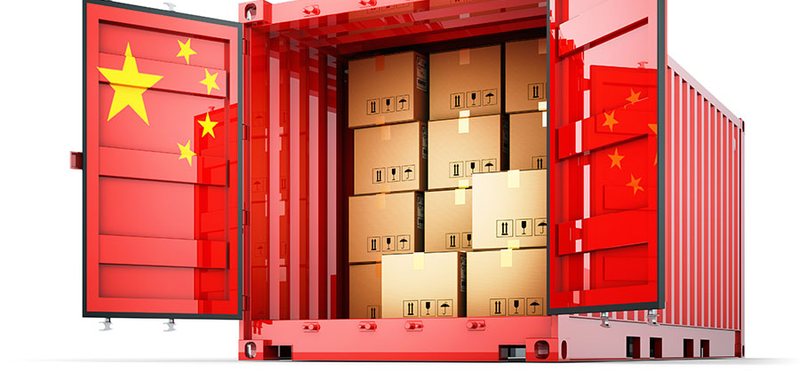
Chinese goods "invade" Germany - Shipments from Beijing double compared to other imports
Chinese goods are shifting significantly towards Germany as tariffs imposed by the US are affecting global trade flows, according to a study by the Institute......

EBRD supports energy innovation in Serbia - €9 million in financing to develop smart metering system
The European Bank for Reconstruction and Development (EBRD) and the Enterprise Expansion Fund II (ENEF II) have decided to support the Serbian company Meter......

Fewer citizens declare rental income - Over 71 thousand taxpayers in North Macedonia have reported
In Macedonia, more and more people are investing in apartments, business premises, garages, land and other types of real estate and movable property with the......
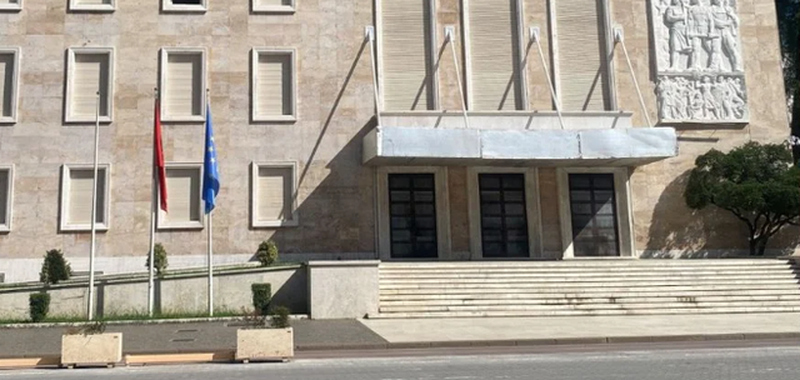
Government decisions/ Ermal Shena appointed Director General of the State Agency for Expropriation
The Council of Ministers has approved the appointment of Ermal Shena as the new Director General of the State Agency for Expropriation, relieving Kastriot......
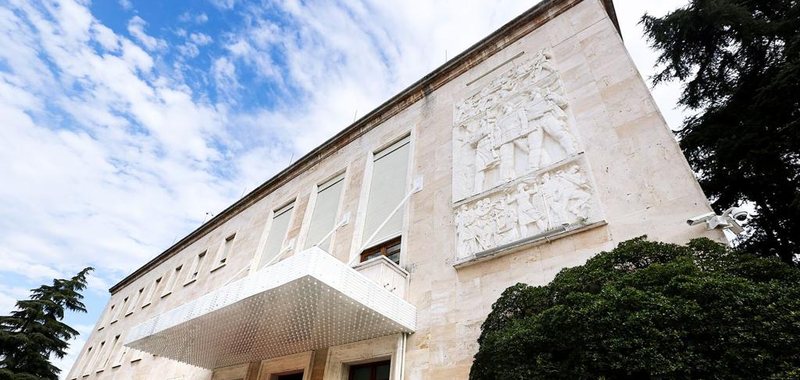
Government meeting/ Draft law on integrated waste management approved
The Albanian government has approved, by decision of the Council of Ministers, the draft law "On integrated waste management". This draft law aims to......
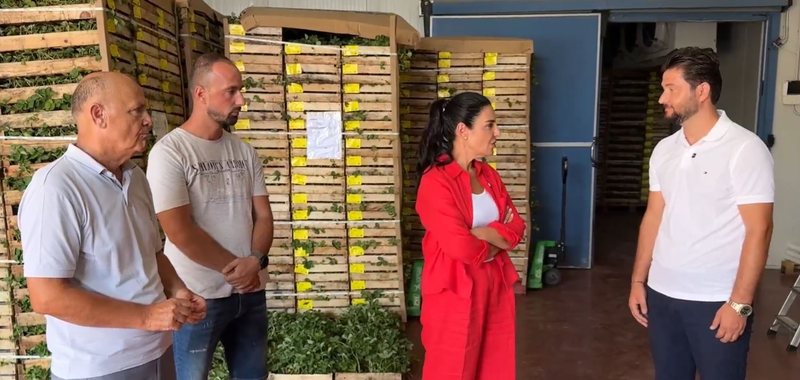
"Certification of agricultural products increases sales" - Balluku, at the strawberry company: Coordination with agronomists and farmers is essential
Deputy Prime Minister Belinda Balluku visited the Kafaraj area in Fier, the largest company in the country for the import of strawberry seedlings, as well as......

"Let's become a country that acts as if it were a member" - Rama, at the Governance Conference: Travel to the EU is important
At the International Conference on Governance, Prime Minister Edi Rama, during the panel discussion on Albania's perspective in the integration process,......
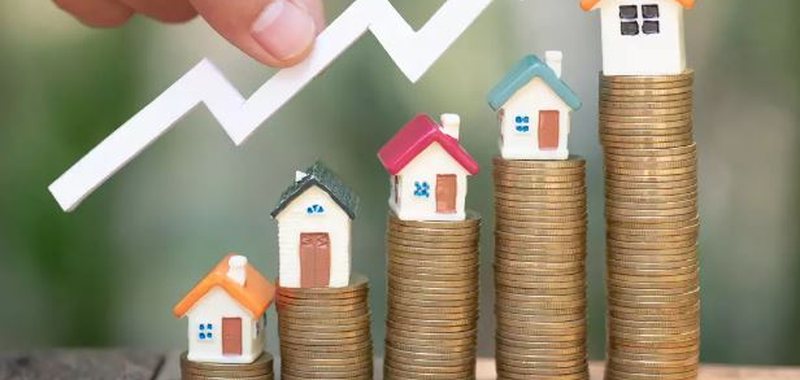
Real estate "absorbs" 34% of investments - BoA: The weight of this sector is increasing. Foreign flows reach 398 million euros
The value of foreign direct investments reached 398 million euros at the end of the second quarter, without significant movement or only 0.3% higher than the......


















